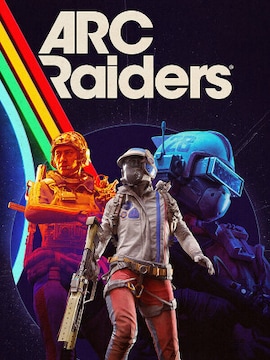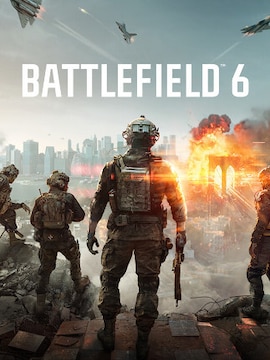Charge time is the short (or sometimes long) delay between when you activate an ability and when it actually goes off. During that time, the ability might be canceled – either by you, an enemy, or something happening in the fight.
It might sound like a drawback, but it actually adds depth. If every move happened instantly, fights would feel less thoughtful. Charge time forces you to slow down, think ahead, and pick the right moment.
Charge Time Meaning in Games
Here’s how a few popular games use charge mechanics in different ways.
Final Fantasy
Final Fantasy has used charge time for years, especially in the Active Time Battle system. Big spells like Meteor or Ultima take time to cast. That means your character is standing there, vulnerable, while the spell charges up.
This creates a cool back-and-forth: you want to use your strongest spells, but you also have to protect your caster. So maybe you wait for a safer moment, or set things up with another character first. It’s about more than just power – it’s about timing and teamwork.
Dragon Quest
In Dragon Quest, some moves also take longer to pull off. You might need to start a spell one turn and have it land the next. The payoff is usually huge – but it means giving up your chance to react in the moment.
The game also mixes in MP costs and cooldowns, so you’re constantly making choices. Use a quick ability now? Or save your energy for something bigger later? There’s no one right answer – it depends on the fight.
Genshin Impact
Genshin Impact uses charge time in a few different ways. Some characters need to build up energy before they can use their strongest moves. Others can hold their attacks to deal more damage or trigger stronger effects.
That means you’re often thinking a few steps ahead. When should you unleash your charged attack? Who should follow up? What’s the best moment to go all-in? The system rewards players who can time things just right – and work well with their team setup.
Charge time mechanics continue evolving across gaming platforms, providing developers with tools for creating engaging combat systems.
More and more modern games have evolved the charging system having some conventional mechanic in its core with a few twists here and there, keeping this a key concept in the modern day game design.




